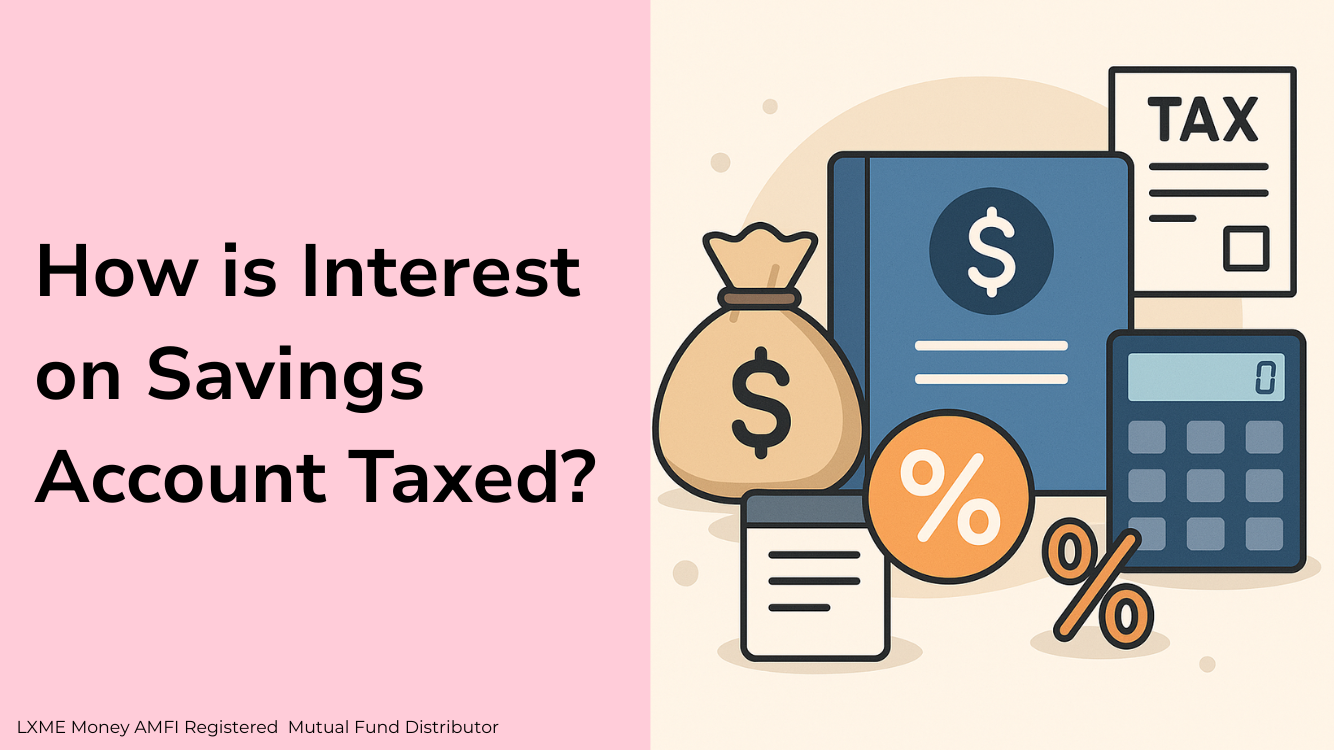Paying off debt is a financial goal shared by many, but not all debt repayment strategies work for everyone. Understanding your unique money personality is the key to successful debt elimination. In this comprehensive guide, we will explore how a wealth personality test can help you identify your money habits and how to customize debt-saving tips based on different personality types using personality-based financial planning.
Uncover Your Wealth Personality Test:
Before diving into debt repayment strategies, let’s start by taking a wealth personality test. These quizzes analyze your financial behaviors, attitudes, and preferences, giving you valuable insights into your money personality. Understanding how you approach money will help you tailor an effective debt payoff plan.
Your money personality can have a significant impact on your financial decisions, including how you save, spend, and handle debts. Are you a Savvy Saver, a Carefree Spender, a Methodical Investor, or an Entrepreneurial Risk-Taker? Let’s find out how each money personality type can best tackle debt and create a solid financial foundation.
Personal Finance Approaches According to Personality Traits:
a) The Savvy Saver’s Strategy:
The Savvy Saver is a natural budgeter who enjoys saving money. They have a strong grasp of their financial situation and are disciplined with their spending. To optimize debt payoff, the Savvy Saver can allocate their savings towards high-interest debts first, as this will reduce overall interest payments. Creating a structured repayment plan and staying consistent with debt payments is crucial for this personality type.
b) The Carefree Spender’s Approach:
The Carefree Spender loves living in the present and often indulges in impulse buying. While they may find budgeting challenging, creating a realistic budget is essential for tackling debt effectively. By reducing unnecessary expenses and reevaluating discretionary spending, the Carefree Spender can free up funds for debt repayment. Exploring debt consolidation options might also streamline payments, making debt elimination more manageable.
c) The Methodical Investor’s Method:
The Methodical Investor is risk-averse and prefers low-risk, long-term financial planning. To effectively pay off debt, the Methodical Investor can focus on tackling debts with higher interest rates first. This strategy minimizes overall interest payments and helps maintain a steady payment schedule. The Methodical Investor is more comfortable with a balanced approach to debt repayment.
d) The Entrepreneurial Risk-Taker’s Plan:
The Entrepreneurial Risk-Taker thrives on calculated financial risks and enjoys exploring investment opportunities. While paying off debt, this personality type may consider investing in growth-oriented ventures to maximize their returns. However, the Entrepreneurial Risk-Taker should balance their investments with responsible debt repayment to avoid undue financial strain.
Debt-Saving Tips for Different Personality Types:
While each personality type benefits from personalized financial planning, here are some debt-saving tips tailored to different traits:
a) For the Savvy Saver:
- Set specific debt payoff goals and milestones to stay motivated.
- Consider setting up automatic transfers from your savings to debt accounts.
- Research debt refinancing options to lower interest rates.
b) For the Carefree Spender:
- Practice mindful spending by questioning if purchases are essential.
- Create a separate savings account for emergencies to avoid dipping into debt.
- Set a budget that allows for some discretionary spending to accommodate their spending preferences.
c) For the Methodical Investor:
- Focus on paying off high-interest debts first to minimize overall interest payments.
- Explore debt refinancing options for potential interest rate reduction.
- Maintain a consistent and disciplined debt repayment schedule.
d) For the Entrepreneurial Risk-Taker:
- Evaluate potential investment opportunities and assess their impact on debt repayment.
- Keep a balanced portfolio to manage both debt and investment risks.
- Consult with a financial advisor to ensure investments align with their debt elimination goals.
FAQs – Frequently Asked Questions
1️⃣ How much of my debt should I pay off in a year?
Answer: The amount of debt you should aim to pay off in a year depends on your individual financial situation, including your income, expenses, and other financial goals. There is no one-size-fits-all answer to this question, as it varies from person to person.
2️⃣ Will paying off my debt improve my credit score?
Answer: Yes, paying off debt can increase your credit score. When you pay off debt, your credit utilization ratio decreases because you are reducing the outstanding balances on your credit accounts. A lower credit utilization ratio is generally seen as positive by credit scoring models because it indicates that you are not overly reliant on credit and are managing your debts responsibly.
Additionally, consistently making on-time debt payments demonstrates good financial behavior, which can further boost your credit score over time. Responsible debt management shows lenders that you are a trustworthy borrower, increasing your creditworthiness and potentially leading to better credit offers and terms in the future.
However, other factors also influence your credit score, so responsible credit management is key to maintaining a healthy credit profile.
3️⃣ Why should I pay off my debt before investing?
Answer: Paying off debt before investing is essential because it provides a solid financial foundation. Debt, especially high-interest debt, can weigh you down with interest payments and hinder your ability to grow wealth. By prioritizing debt repayment, you eliminate the risk of mounting interest charges and reduce financial stress. Once debt is cleared, you free up more disposable income to invest, allowing you to take advantage of investment opportunities without the burden of debt. Ultimately, being debt-free gives you greater control over your finances and sets you on a path to a more secure and prosperous financial future.
Share this blog with your family and friends if you find it insightful!!
Download the Lxme app for more such content!












